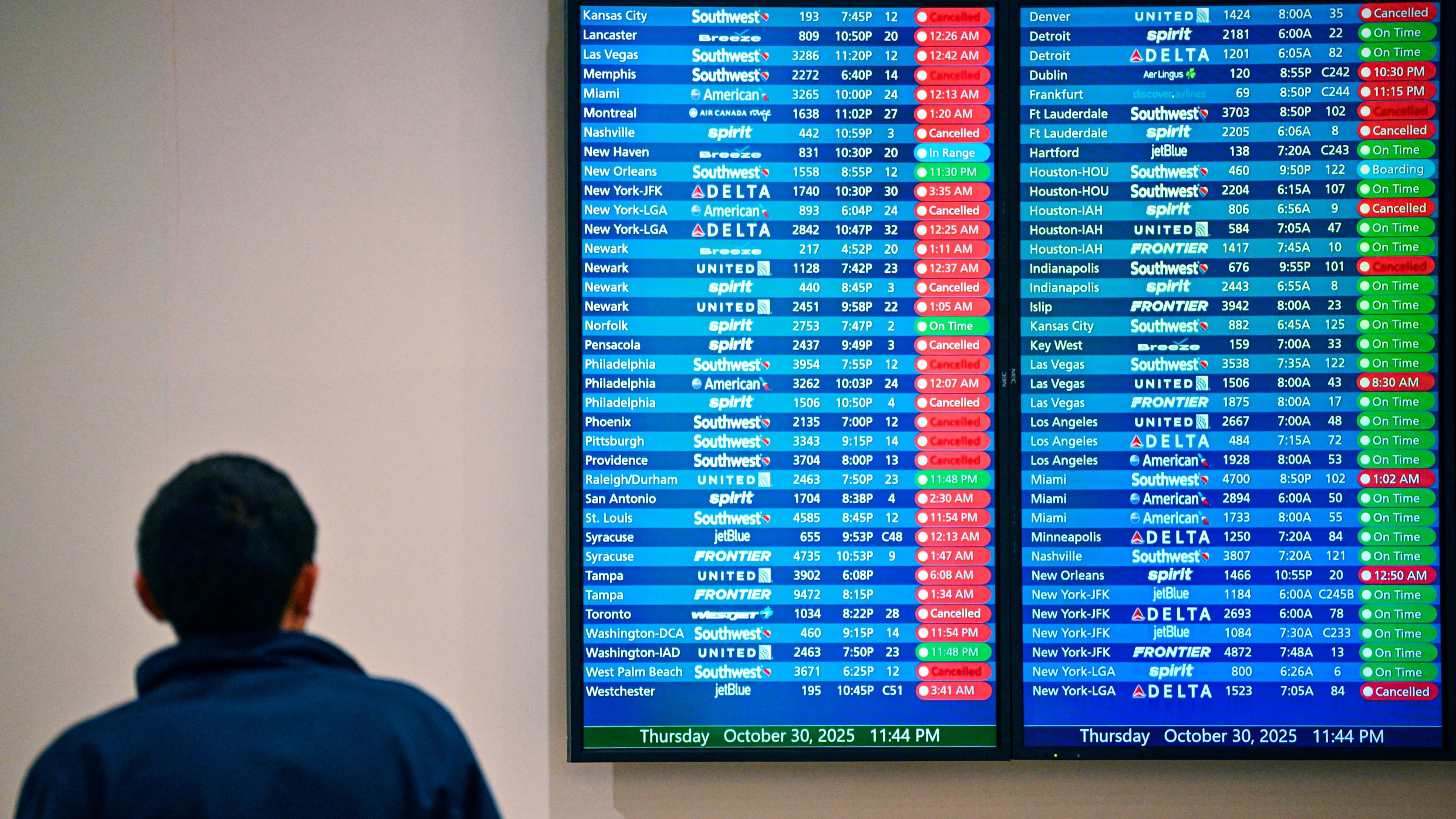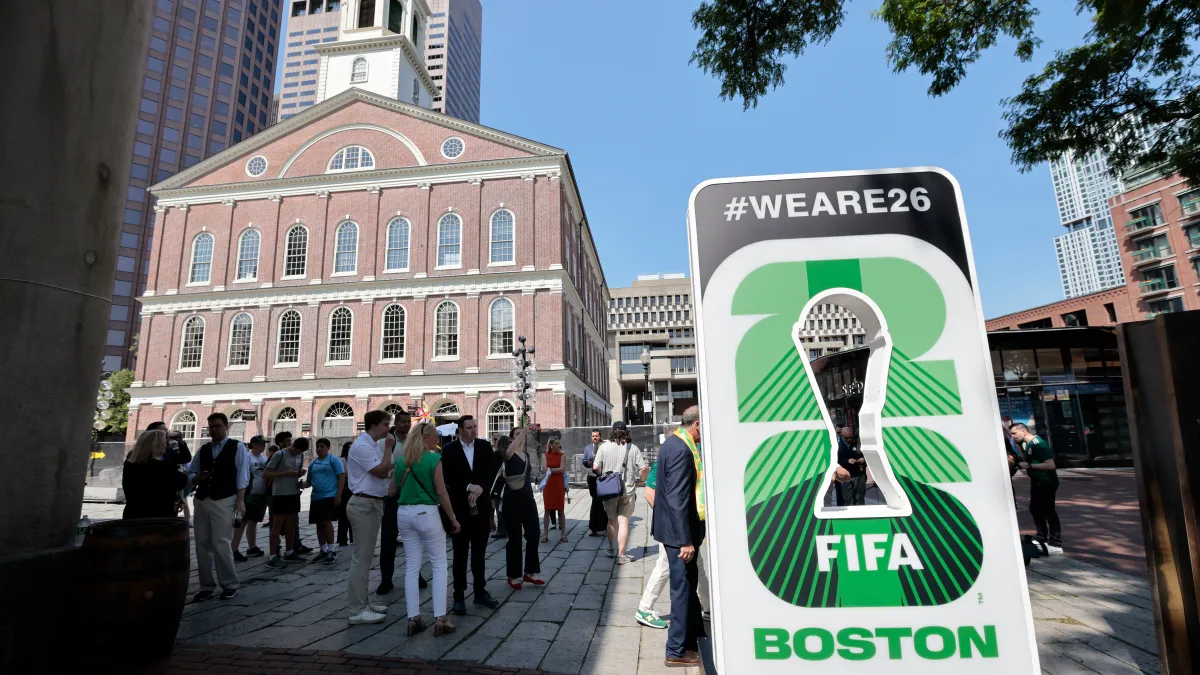Copyright Fast Company

Monday, Nov. 3 saw nearly 5,000 flights delayed in the U.S. The weekend prior saw more than 10,000. Cancellations are stacking up as well. As the length of this most recent government shutdown sets new records, those headaches at the airport aren’t expected to ease. They are, in fact, likely to get worse. And while that’s scary news for anyone who might be planning to head home for Thanksgiving, there’s a chance it could be what gets the government back to work. Republicans and Democrats are still at odds and neither is showing any sign of backing down. Even the brief cessation of SNAP benefits (and the lawsuits that followed) haven’t brought about a détente. But airlines are key to the financial health of the country – and air traffic controllers have been the key factor in ending a shutdown in the past. Major airlines are already applying pressure. Delta Air Lines, United, American, and Southwest have all called on Congress to pass a stop-gap funding bill that would allow the government to reopen, citing risks to aviation safety. The airline industry lobby typically carries significant weight in Washington, as it represents 10 million jobs. It’s also a critical part of the tourism and cargo transport industries, in addition to general business. Last year, companies spent $1.47 trillion on business travel worldwide. The delays and cancellations have been increasing for the past few weeks, as staffing shortages become more common. Air traffic controllers have been working without pay for over a month, and as a result some have begun to call in sick. That’s reminiscent of the government shutdown of 2019. And it was those shortages that were largely credited for breaking the logjam in Congress. On Jan. 25, 2019, the 35th day of that shutdown, 10 air traffic controllers, six from northern Virginia and four from Florida, stayed home. That wasn’t a huge number in the grand scheme of things, but with just those 10 absences, delays stacked up at several hubs and shut down travel temporarily at La Guardia airport in New York. The shutdown was settled before the end of the day. The National Air Traffic Controllers Association (NATCA) has said it does not “endorse, support or condone” any coordinated activity by members that would impact the capacity and safety of air traffic control systems (i.e. no organized sickouts), but it has urged the government to end the shutdown and pay its workers as soon as possible to ensure the skies are safe. “For this nation’s air traffic controllers, missing just one paycheck can be a significant hardship, as it is for all working Americans. Asking them to go without a full month’s pay or more is simply not sustainable,” said NATCA president Nick Daniels in a statement. “These professionals are required to oversee the movement of the nation’s passengers and cargo while many are working ten-hour days and six-day workweeks due to the ongoing staffing shortage, all without pay. This situation creates substantial distractions for individuals who are already engaged in extremely stressful work.” This comes on top of an existing shortage of air traffic control workers. There is, of course, no guarantee that delays and cancellations will force Democrats and Republicans to reopen the government this time around. Both sides are playing an ongoing game of chicken, which reached new heights Tuesday when U.S. Transportation Secretary Sean Duffy said that “some” airspaces in the U.S. might need to be closed if the shutdown continues. He also warned that should air traffic controllers miss another full paycheck, it would result in “mass flight delays and mass cancellations” around the country. That came a day after he told CNBC that if he thought travel was to become too risky in his department’s opinion, he would “shut the whole airspace down. We won’t let people travel.” The last time that occurred was following the Sept. 11 terror attacks in 2001.



